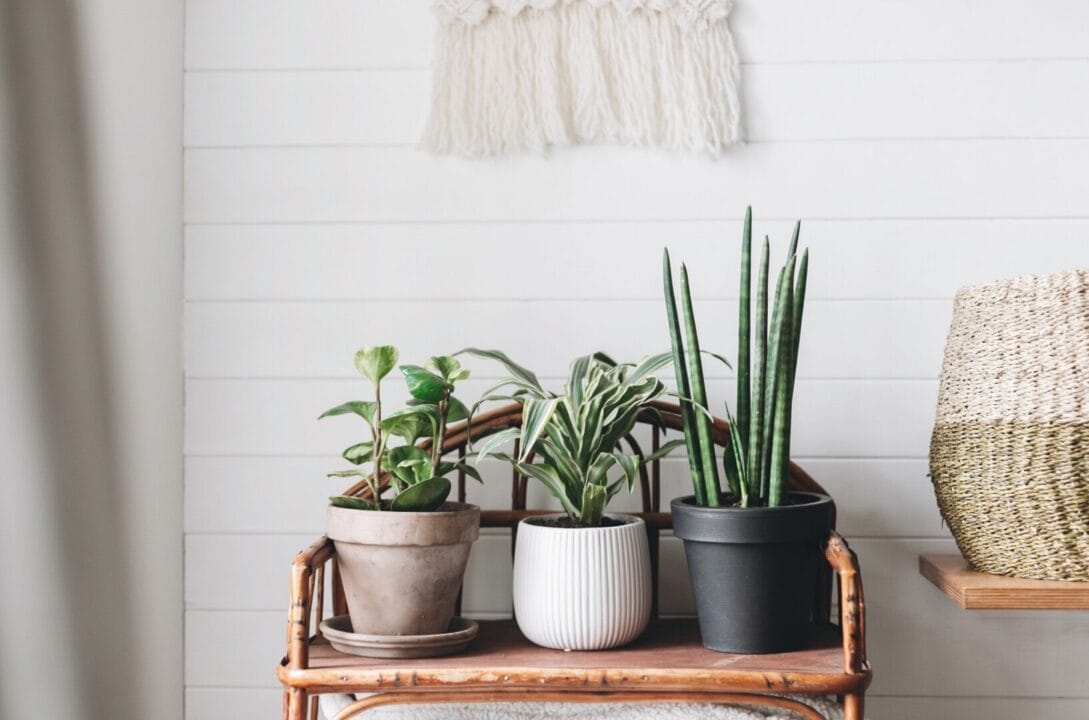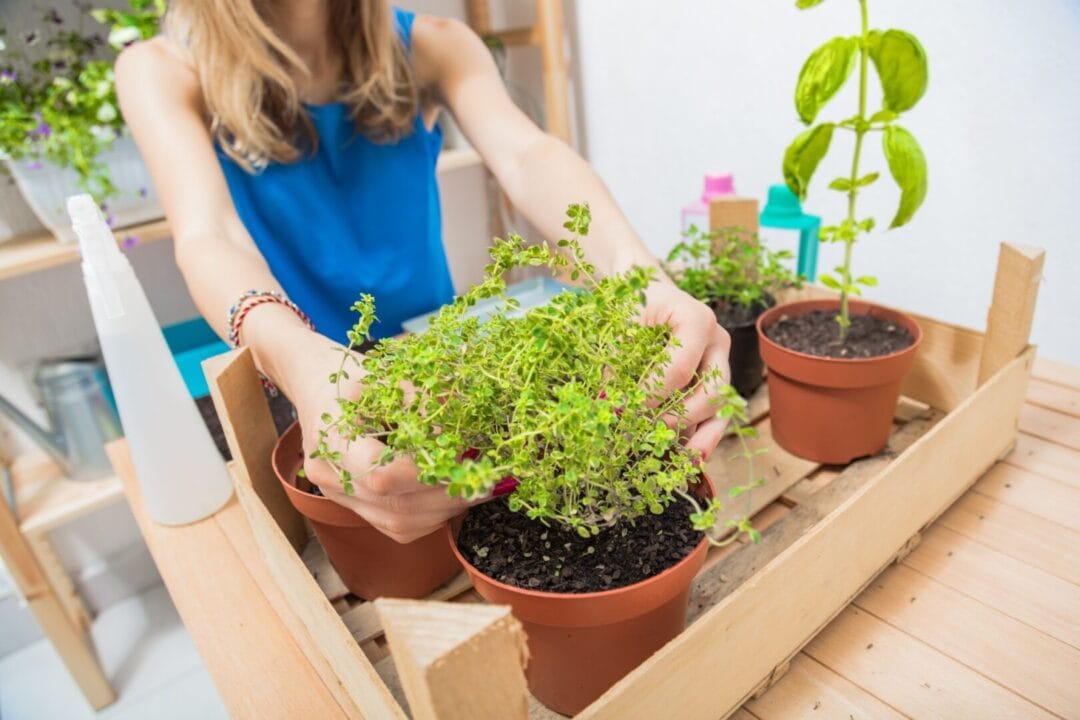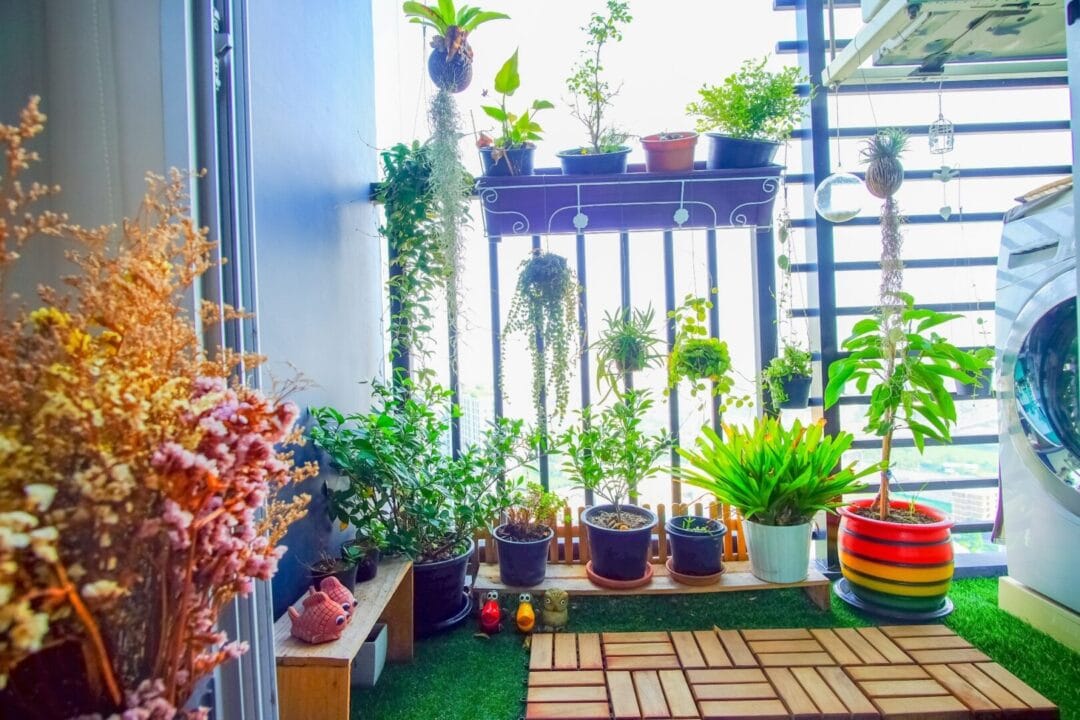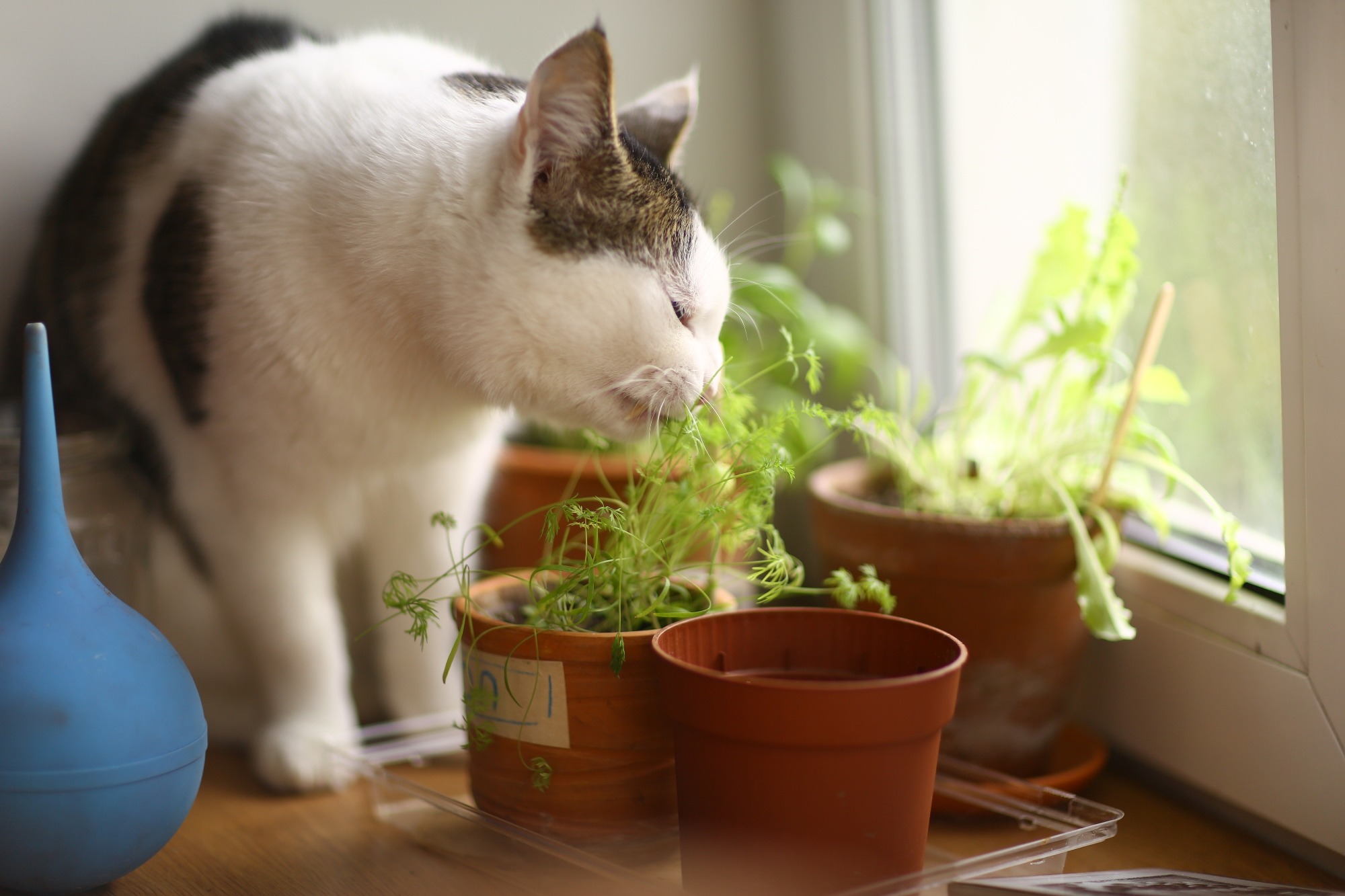Living in the concrete jungle could get a little overwhelming with the noise, pollution and hustle and bustle. Gardening may be the last thing you think of, especially if you’re one of the many who live in condominiums or work in a glass and steel structure office building. However, if you have a green thumb or want to have a little garden to enjoy, it is very possible.
These tips are better applied for those who want to garden from their condominium but some tips may be applied to keeping a little potted plant at the office.

Container planting
Select the largest size container that your space can accommodate potting soil of a minimum of six to eight inches for deep root plants like carrots and tomatoes. For healthy root growth, ensure that there are drainage holes. For urban workers, if you’re not able to water your plants every single day, do choose containers made of plastic, metal, fiberglass or glass pots. These materials retain water better than wood or clay containers.
Picking the right plant
Start with thinking about the type of plants you’d like to have. Would you like to have a functional garden with herbs and vegetables? Or would you like something pretty and ornamental with flowers and perhaps succulents? For those who can’t have large plant containers, herbs will be your best bet or perhaps a dwarf version of the plant.
Shallow rooted vegetables such as lettuce and peppers need around eight inches of root space and a six-inch diameter per plant. For vegetables such as tomatoes or cucumbers, consider tubs and buckets so their roots can reach further downwards.
Succulents and cacti are great indoor plants for those who are new to gardening. These plants can go a week or longer without being watered which is also good if you’re not at home all the time.
If you’re stuck with just a window box, try growing a small herb garden like basil and rosemary which could add a lovely finishing touch on your cooking! Additionally, spring onions and garlic are great as well because they have shallow root systems and don’t require a lot of space to grow.

The right soil
Potting mix can be easily bought at gardening shops and makes great soil for potted plants. Normal garden soil may not be able to hold enough moisture for your precious plants because container planting has less soil and space, making it dry up faster. Another thing to consider is that potting mix may already contain some fertiliser to help your plants grow, initially. However, as time passes, you’ll need to add fertiliser to your plant pot to help it flourish further.

Starting point
Now that you have all you need, you’re ready to start your green journey. Here are some tips for you to consider:
- Use flattened coffee filters on the bottom of the plant container to prevent the soil from falling through the drainage holes. This also prevents soil from falling on your balcony floor and also your neighbour downstairs!
- If your container is too deep, put some packing peanuts on the bottom of the pot to reduce the amount of potting soil needed.
- When you’re adding soil, stop at one inch below the top of the container then dig your plant into the soil so the root ball is a little bit higher than the soil height. Then, lightly compress the soil around the plant and water it. Once water starts draining through the drainage holes, stop watering it.

Sidebox: Take note!
For those who have pets or little ones at home, do steer clear of plants such as lilies, poinsettias, holly, philodendron and more because these are poisonous to animals and humans if ingested. When choosing plants for your home, do check with the garden centre to ensure that your chosen plant won’t endanger anyone in your family.
References: NC State University (US).















